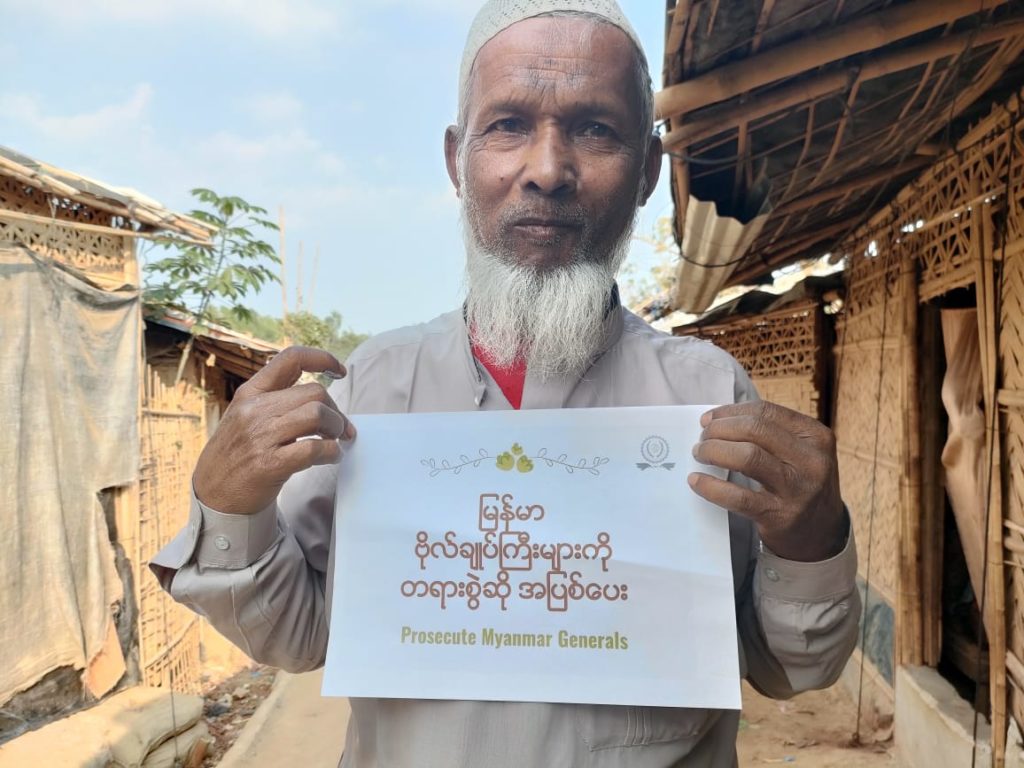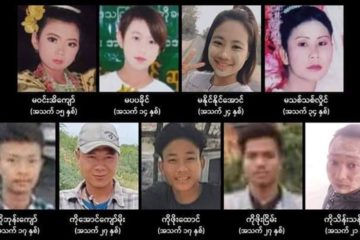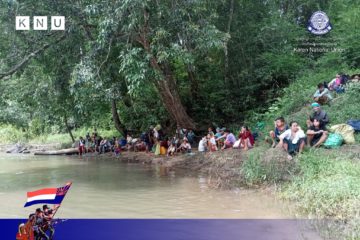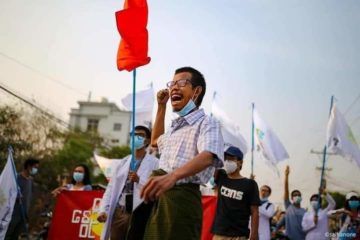
The Gambia vs. Myanmar case regarding the Myanmar’s responsibility on the Rohingya genocide, resumed at the Hague today.
The ICJ allowed the military representation to defend Myanmar. Ko Ko Hlaing, the military minister for international cooperation, replaces Daw Aung San Suu Kyi in a delegation that includes Thida Oo, British barrister Christopher Staker and lawyer Stefan Talmon.
Ko Ko Hlaing opened by stating that Myanmar is “committed to resolving the issues in Northern Rakhine state” and “committed to a peaceful resolution”. No word on the current political crisis and the military coup.
The defensive team then presented the same 4 preliminary objections they presented at the provisional measures hearing (all of which were dismissed by the court):
1) The case was not brought by Gambia, but by the Organisation of Islamic Cooperation (OIC). This point was already dismissed by the court during the provisional measures hearing.
2) Talmon argues that Gambia has no stakes in Myanmar or in the Rohingya case
3) The military then argues that the Genocide convention does not apply to Myanmar (as the country made a reservation to Articles VI and VIII of the Convention at the time of ratification)
4) Staker argues that there is no dispute between Gambia and Myanmar, thus Gambia can not bring the case to the ICJ.
The line of defence of the military regime looks pretty weak. It never addressed the contested crimes, and mainly focuses on questionable quibbles.
During the whole hearing, the military team never used the term “Rohingya”. Burmese ultra-nationalists claim that “Rohingya” is not a Burmese ethnicity, and that Muslims in Rakhine are illegal Bengali immigrants, while the Rohingya consider themselves to be indigenous to the Arakan State, a claim that is supported by many historians.
It is important to remember this case is about Myanmar’s responsibility as a State, and not individual responsibility (i.e. Min Aung Hlaing and his soldiers). The International Crime Court and the Argentinian Court (under the principle of universa jurisdiction), are the sites where individuals will hopefully be persecuted.
There have been discussions about whether the acceptance by the ICJ of the military delegations constitutes an act of recognition. ICJ deals with States, not governments, therefore the presence of the military regime in court should not be seen as a formal recognition. Nonetheless the risk of indirect recognition is obvious, and could probably be avoided. The fact that individuals who have been sanctioned internationally for their involvement in human rights violations, have been allowed to stand in front of the court of justice to represent a country, is simply not acceptable.
The military junta is clearly using the court as a stage to present itself as the legitimate government. Once again, after Daw Aung San Suu Kyi’s appearance at the Hague, the ICJ becomes a place of political campaign.
Let’s not forget that this case is about bringing justice to hundreds of thousands of Rohingya that suffered the Burmese military brutality, and a vile anti-muslim campaign for years. Hundreds of thousands of Rohingya have lost everything, including their loved ones, and have been living far from home for 5 years already.
There is no justice for Myanmar, without justice for the Rohingya



0 Comments